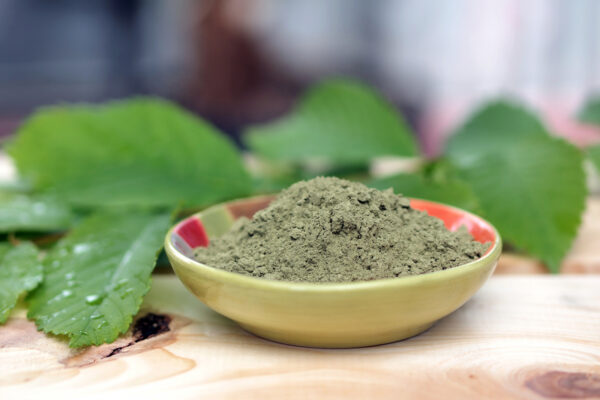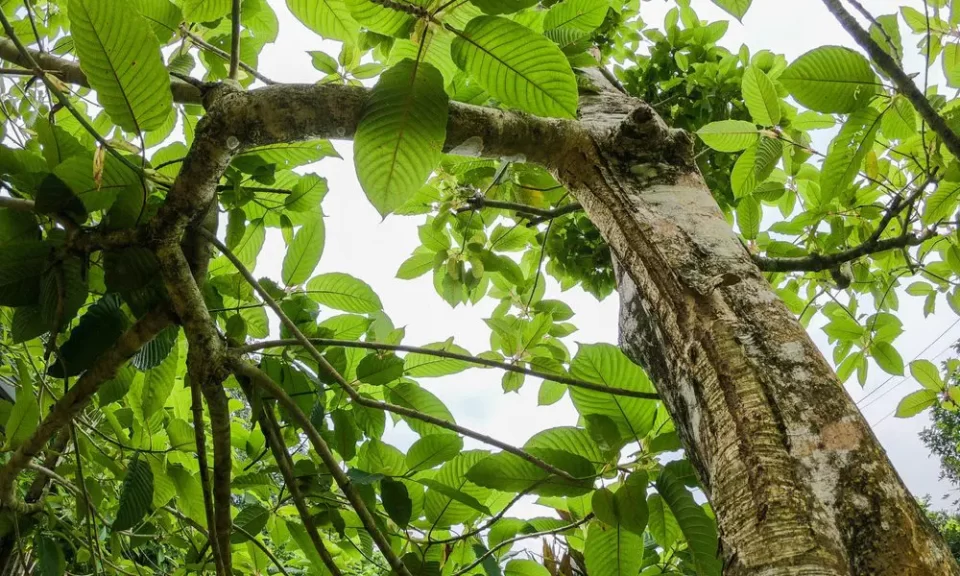Maeng Da kratom has earned recognition among traditional herbalists and wellness enthusiasts. This distinctive variety stands out due to its careful cultivation process and rich heritage dating back generations. The cultivation process involves meticulous attention to detail, with experienced farmers selecting only the finest mature leaves. For these leaves to retain their natural properties, they undergo a very careful drying and processing process.
A good harvesting timing is key to ensuring that the final product has the best possible quality, since it directly impacts the yield. The potency stems from the unique alkaloid profile present in the leaves. Advanced processing techniques help maintain these natural compounds during production. When you buy maeng da kratom from verified sources, you receive a product that has undergone stringent quality controls.
Environmental factors affecting quality
- Soil composition and nutrients
- Proper humidity levels
- Optimal sunlight exposure
- Rainfall patterns
- Harvesting season selection
Processing and preparation techniques
The journey from leaf to powder involves several critical steps:
- Careful leaf selection
- Proper drying methods
- Fine grinding process
- Quality testing
- Proper storage practices
Storage and preservation methods
Proper storage plays a vital role in maintaining freshness. Temperature-controlled environments and moisture-free containers help preserve the natural properties. Keeping the powder away from direct sunlight ensures long-term stability.
Understanding different varieties
The maeng da kratom strains available today result from generations of careful botanical selection. Each variety offers unique characteristics based on factors like growing region and processing methods. These traditional botanicals have been refined over time through cautious cultivation practices.
Quality assurance practices
Professional testing procedures ensure consistency and purity. Laboratory analysis confirms the absence of contaminants and verifies potency levels. Documentation and batch-tracking systems maintain transparency throughout the supply chain.
Modern production standards
Current production facilities implement strict hygiene protocols. Advanced equipment ensures consistent powder texture and quality. Maintaining high standards throughout the entire manufacturing process is ensured by regular quality control checks.

Examining leaf characteristics
The maeng da kratom strains display distinct leaf patterns and vein structures. Mature leaves develop unique characteristics that experienced farmers can identify. This knowledge ensures only the highest quality leaves enter production.
Global distribution practices
Temperature-controlled shipping maintains product integrity during transit. Proper packaging prevents exposure to environmental factors. Tracking systems ensure safe delivery to verified vendors.
Sustainability initiatives
- Responsible harvesting practices
- Forest conservation efforts
- Local community support
- Sustainable farming methods
- Environmental protection measures
Consumer education essentials
Understanding proper handling and storage ensures optimal preservation. Knowledge about product variations helps make informed choices. Regular updates about industry standards keep consumers well-informed. Ongoing research continues to enhance the understanding of traditional botanicals. Improved cultivation methods focus on sustainability and quality. Advanced testing procedures provide a more detailed analysis.
Laboratory testing protocols
- Alkaloid profile analysis
- Microbial testing
- Heavy metal screening
- Pesticide residue checks
- Moisture content verification
Documentation requirements ensure product traceability. Quality management systems maintain consistent standards. Regular audits verify compliance with established protocols. Traditional farming communities benefit from sustainable practices. Local expertise contributes to maintaining high-quality standards. Cultural knowledge helps preserve conventional cultivation methods.

